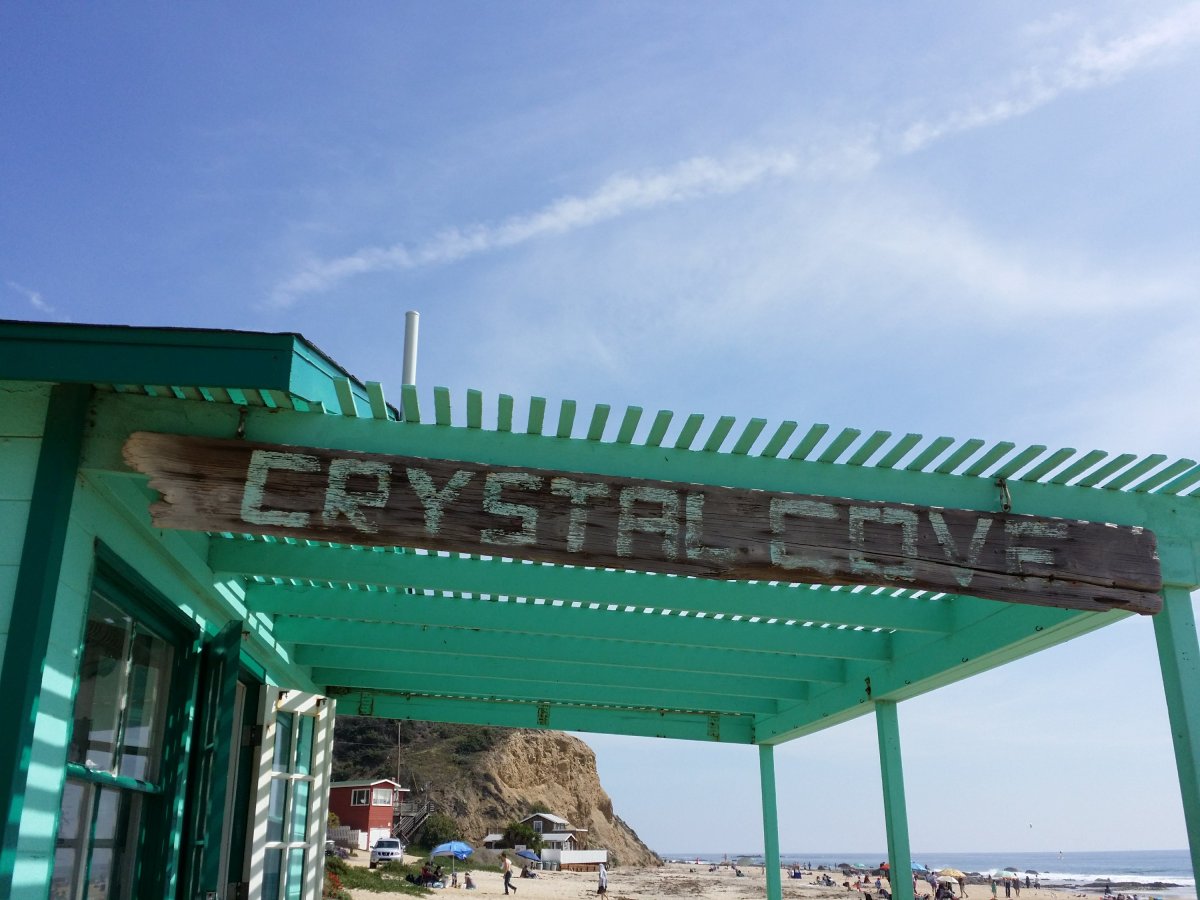
Lexicon /ˈlɛksɪk(ə)n/ The vocabulary of a person, language, or branch of knowledge.
Origin: Early 17th century: modern Latin, from Greek lexikon (biblion) ‘(book) of words’, from lexis ‘word’, from legein ‘speak’. (Oxford Dictionary)
70 Degrees– According to the National Archives, 70° Fahrenheit is the preferred temperature that is optimal for the preservation of artifacts. It is the degree in which archival materials and exhibitions should be protected for long term conservation.
Archive– a physical or digital place where artifacts are stored and preserved
Collection– a series of items that belong together based on a central theme(s)
Conservation– extending the lifespan of an artifact which includes fine art through scientific methods; see the glossary for a complete definition
Content Management System– an archival database that adheres to metadata principles such as Dublin Core
Classification– identifying an object’s place within a collection
Crowdsource– asking a group of people for ideas or contributions to a project
Curate– selecting a series of items based on a central theme(s) for an exhibit
Design – a complete marketing plan for your organization with a branding guide
Describing Archives: A Content Standard (DACS) – is designed for description of archival material maintained by the Society of American Archivists
Docent– a museum tour guide who contextualizes a collection for the visiting public of an exhibit
Dublin Core– is a Encoding Standard=Data Structure Standards. It “is metadata designed for interoperability on the basis of Semantic Web or Linked Data principles. Metadata in this style uses Uniform Resource Identifiers (URIs) as global identifiers both for the things described by the metadata and for the terms used to describe them (vocabularies). It is “a set of fifteen generic, widely used elements — Creator, Contributor, Publisher, Title, Date, Language, Format, Subject, Description, Identifier, Relation, Source, Type, Coverage, and Rights.” These principles are used in our content management system.
Ephemera– temporary or items that are meant to be short lived such as marketing materials like brochures, programs, and posters
Exhibit– displaying thematically organized objects for the public’s access
Finding Aid– A structured summary that contains the extent of a collection
Library– a physical and digital repository that organizes archival collections based on hierarchical data principles
Metadata– structured data about an item that can be a website, physical object, books, images, and other items that has been that typically is created by an Archivist/Registrar. It is data about data.
Museums– are “democratizing, inclusive and polyphonic spaces for critical dialogue about the pasts and the futures. Acknowledging and addressing the conflicts and challenges of the present, they hold artifacts and specimens in trust for society, safeguard diverse memories for future generations and guarantee equal rights and equal access to heritage for all people” according to the International Council of Museums.
Nomenclature– a standard naming system with rules used in classification
Optical Character Recognition (OCR)- detects text within an image that aids with automatic document transcription
Permanent Collection– a series of exhibitions which are always available to the public to view
Provenance– the ownership record for an archival material
Preservation– maintaining the condition of an archival object
Respect des fonds– keeping original records together as they were received
Reserve Library– a non-loaning organization that provides archival material to the public for their research purposes
Traveling Exhibit– institutions that loan their displays to other borrowing institutions for a stipulated length of time
XML– “an Extensible Markup Language for specifying the contents of metadata records as structured documents.”
*See A Glossary of Archival and Records Terminology by Richard Pearce-Moses for a complete list. Additionally, we recommend the Dublin Core Metadata Glossary. You can also consult the SAA Dictionary for more terms.

